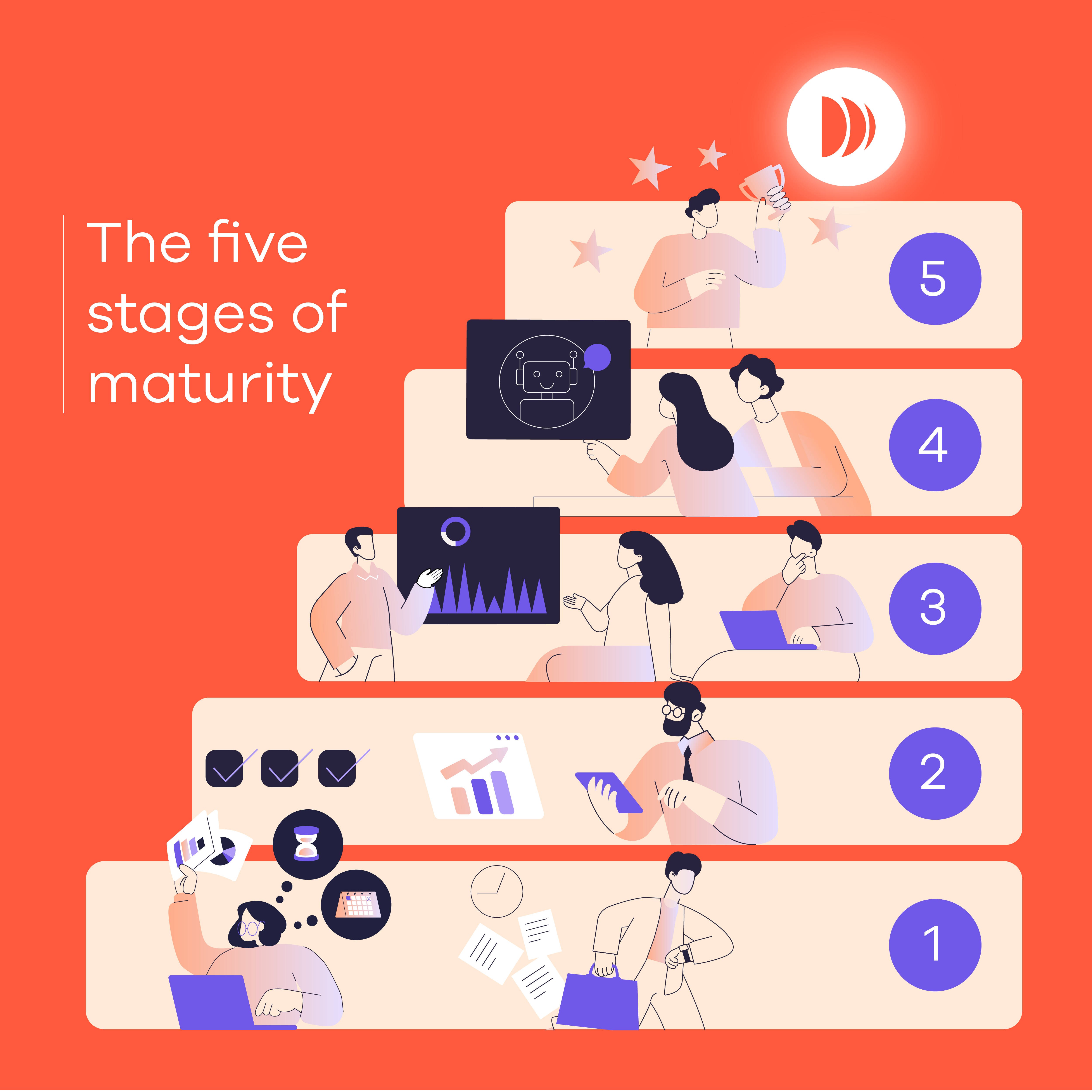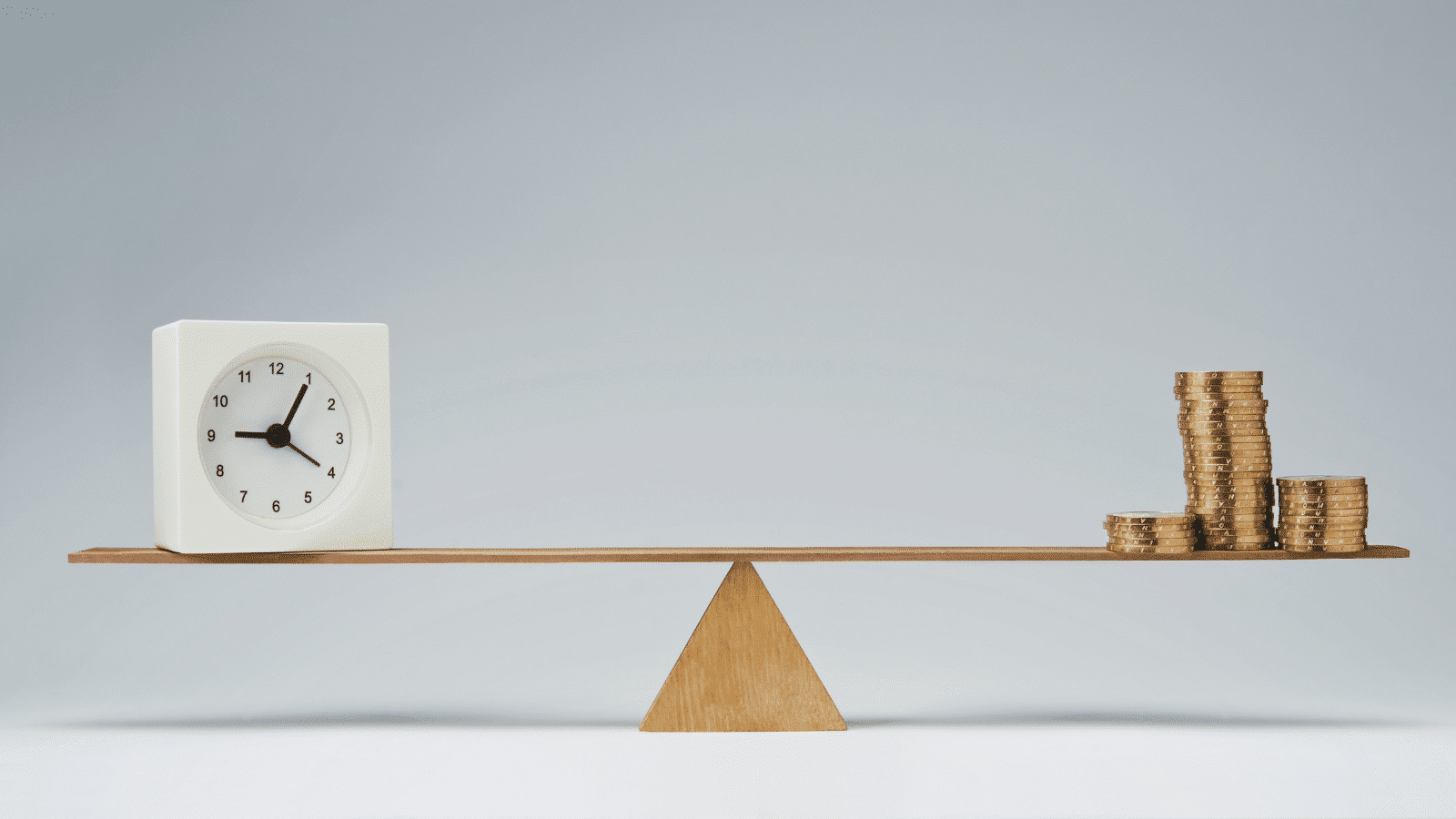Request a Dayshape demo
Get in touch and learn first-hand how Dayshape can help boost profitability, improve client service, and keep your teams happy.
Platform
Strategic resource management
Optimize margins. Grow revenue.
Plan reliably. Act confidently.
Inspire teams. Delight clients.
Enterprise scalability
Use Cases
How Dayshape helps firms
10 ways for resource managers to elevate their impact

Elevate your role, expand your influence, and drive impact across your firm.
Listen nowCustomer Success
Value at every stage
Company
More about Dayshape
Resources
Learn more
Resources
Featured resources
Resource Management Maturity

The complete blueprint to transform your resource management.
Learn more5 min read

Finding the time to prioritise time management from a company-wide point of view can be challenging. For many teams, this balance has become even trickier to achieve with the separation of time between home and work increasingly blurred.
For professional services teams, the phrase “time equals money” describes the ultimate equation. The industry is centred on resources (aka people) delivering their skills and expertise on the right project, at the right time. Managing your team’s time to meet client expectations across various engagement timelines and variables then becomes a never-ending resource scheduling tasks.
Time management at this level not only requires a high level of accuracy and visibility, but also an agility to adapt in real-time to schedule changes and clashes. To add to the mix, there is often an unrealistic expectation for teams to accurately record all billable work they carry out. Changing deadlines, new client demands, and ad-hoc tasks across multiple projects are just some of the causes of time lost. Usually, in this scenario the more frequent the disruptions, the higher the chance of billable hours slipping through the cracks.

Long before the pandemic, those working across accounting have often endured a difficult relationship with the clock. While the inevitable can hamper time management efforts, the unintended loss of chargeable work per project can often be down to poor planning, guesswork, and human error.
Most revenue-leakage problems boil down to time inefficiencies, inaccurate scoping, and manual allocation of resources. If an engagement is estimated to take 100 hours and it takes 110, if it’s a fixed fee job, those hours are lost. You might think 10 hours over the course of a large engagement is manageable in the grand scheme, but where does the time go? It’s likely that your staff are working overtime and that you’re down 10% on what could have been billed.
Manual time management processes come with a greater chance of billing errors, delays, and frustration among your team. But it doesn’t have to be that way, not if you are prepared to embrace a new approach to time management.

While accountants have embraced the business case for automation to improve efficiency and the effectiveness of their work, AI-powered solutions offer a new opportunity to reimagine time management decisions.
Firms are beginning to embrace the value AI can bring to their resource management process, making them more efficient by shifting the allocation of mundane, repetitive tasks to free up time and reduce human error. Smarter technology can create more accurate time budgets and make use of automation to organise the availability of team members.
AI-powered resource scheduling can also continuously track the flow of your team and adjust as necessary depending on their availability, skillset or location, meaning the most optimal workforce is always deployed. Smart systems will update all those moving parts like changes in hours and billing as the job moves forward, allowing you to tweak as necessary, which can be vital when you have several partners working on a single project.
Once you’ve got your engagements on track, and you’re logging time and resources more accurately, you can also bill more with more confidence that you’ll get it right. No more selling your practice short or guessing how long a project will take, and you’ll have a better way of working out the profitability for any similar future job.
You’ll also have a better idea of how long certain jobs will take if you regain control of the clock, giving you much greater clarity on the profitability of certain projects, team members, or even the practice as a whole.

Intelligent time management and resource allocation will also have positive effects on team stress and burnout rates. Round-the-clock email monitoring is not healthy, when your team is off, they should really be off. Intelligent resource management software can identify the most suitable and available resource and reduce the disruption to overall work-life balance. Not only will your team thank you, improving the working lives of your team will ultimately help to reduce costs in regard to staff turnover.
By leveraging intelligent tools and adaptive AI technology, professional services firms are better placed to challenge age-old time management issues. With the right investment and approach to time management, you can better support your team and claim back valuable hours in the day.
On that note, why not finally take that well-deserved lunch break?
Get the latest insights and updates delivered to your inbox weekly.
Explore our latest insights and strategies for success.

10 min read

4 min read

4 min read
Discover how AI can transform your resource management and enhance your project delivery.

Get in touch and learn first-hand how Dayshape can help boost profitability, improve client service, and keep your teams happy.